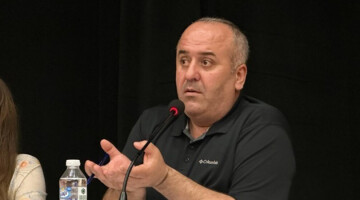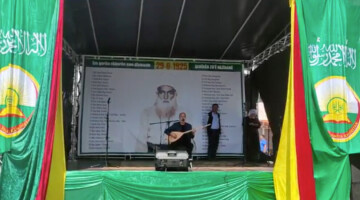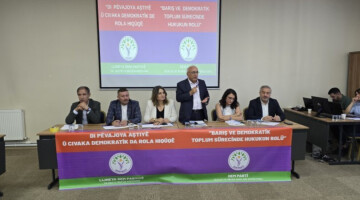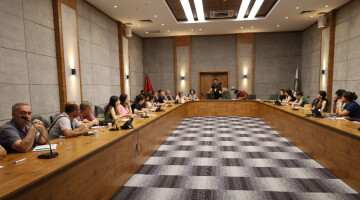Talks on Syria kick of in Kazakhstan’s Astana city today. Russia, Turkey and Iran are leading the talks between the Syrian regime and armed groups. The groups that Russia labeled as “terrorist” until yesterday are now referred to as “armed group” or “armed opposition.”
WHAT DOES RUSSIA WANT TO DO?
14 of the dozens of groups that met in Ankara in January decided to go to Astana. Majority of these groups are linked with ISIS and Jabhat al Nusra. Their war crimes and crimes against humanity have been documented numerous times.
The groups that participate in Astana are directly supported by Ankara, Saudi Arabia and Qatar. The diplomacy led by Russia is viewed as a tactical move that aims to bring the groups, which do not come together, under the same roof in Astana. The choice of Astana as the location is also remarkable. It is a place far away from Syria but close to Russia politically. With this move, Russia is seen as attempting to transform the military success at Aleppo to a diplomatic one.
‘OPPOSITION’ REPRESENTS ANKARA’S INTERESTS
The groups referred to as the opposition represent the interests of Ankara and other regional powers. There are regional, ideological and religious conflicts among them. They are concentrated in north Syria and receive support from Ankara. It is striking that that the groups that are close to the US or Saudi Arabia are not invited. Mohammed Alloush from Jaysh al Islam is leading the delegation of the armed groups. Alloush himself does not live in Syria. The High Negotiation Committee established and supported by Saudis in December 2015 in Riyadh has not been invited to Astana. Some suggest that the goal of Russia is to create polarization among these groups. According to Moscow, the aim of Astana talks is to strengthen the ceasefire that has been in place since the end of Aleppo war.
KURDS, THE US AND THE EU ARE NOT PARTICIPANTS
The biggest absence of the talks are the Kurds who were not invited to Astana due to the pressures of Ankara. The US and the European Union are not participants either. The EU was excluded completely. They were vetoed by Saudi Arabia and Iran, and not even invited to the talks. The US will send its ambassador to Kazakhstan as an observer. While the relation between the Donald Trump administration and the groups referred to as “armed opposition” is not clear yet, Trump's statements suggest that the US can reconsider its support.












